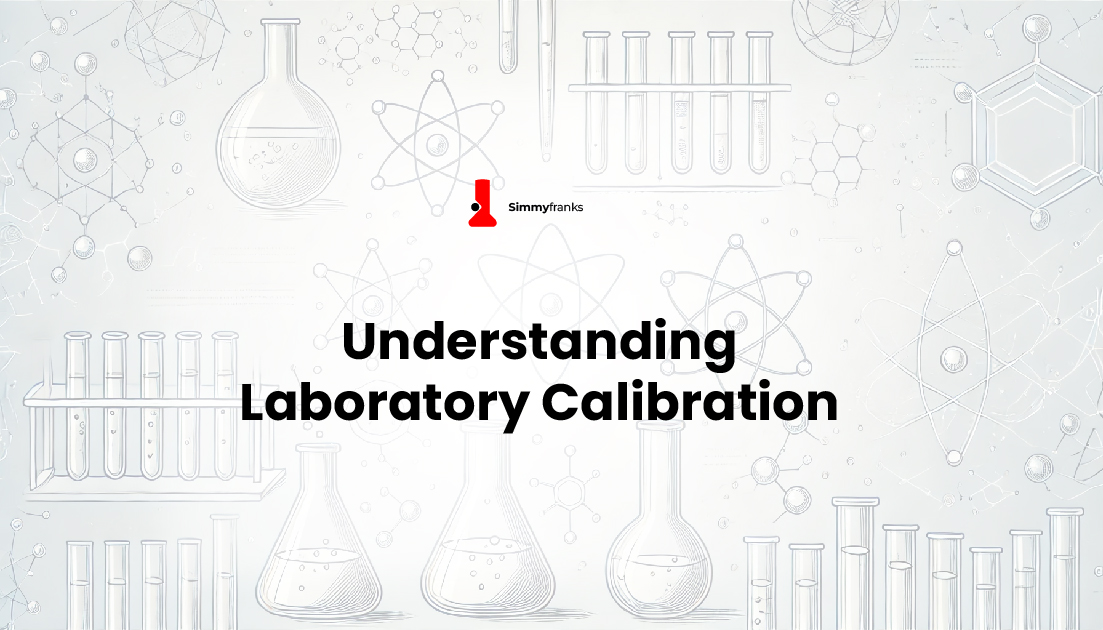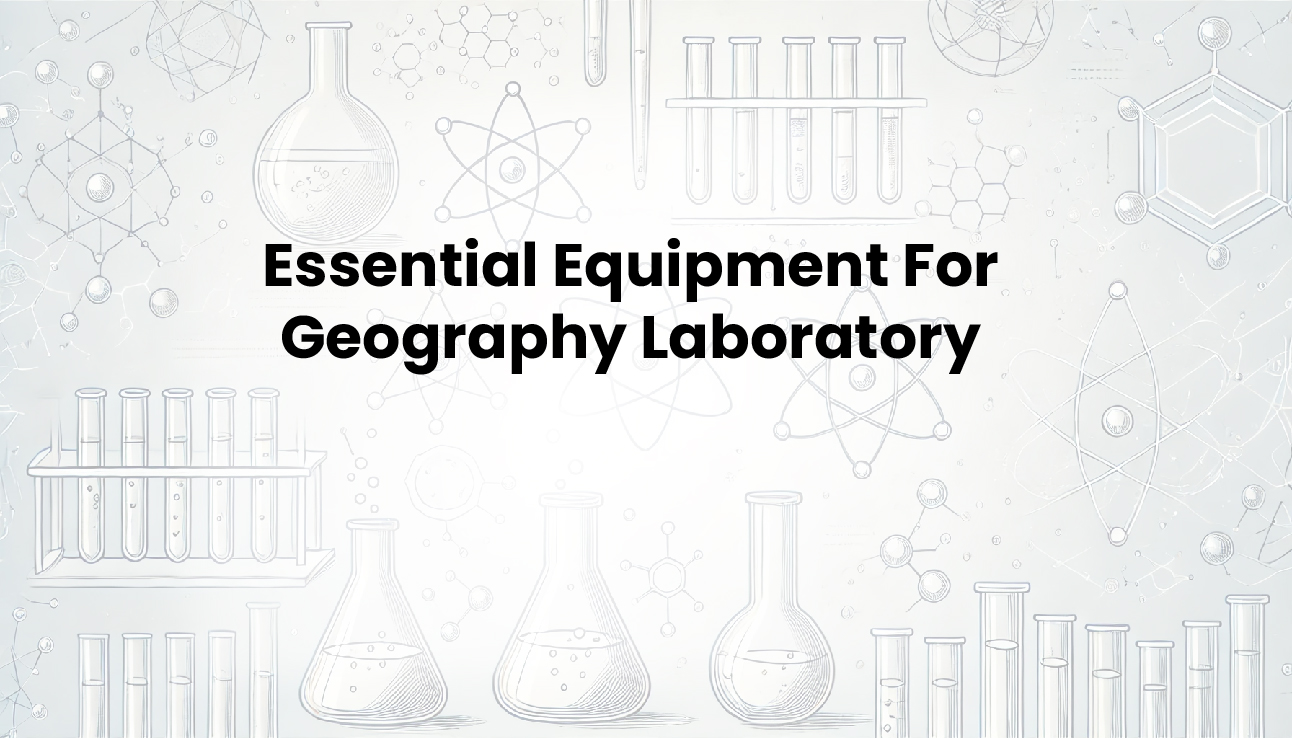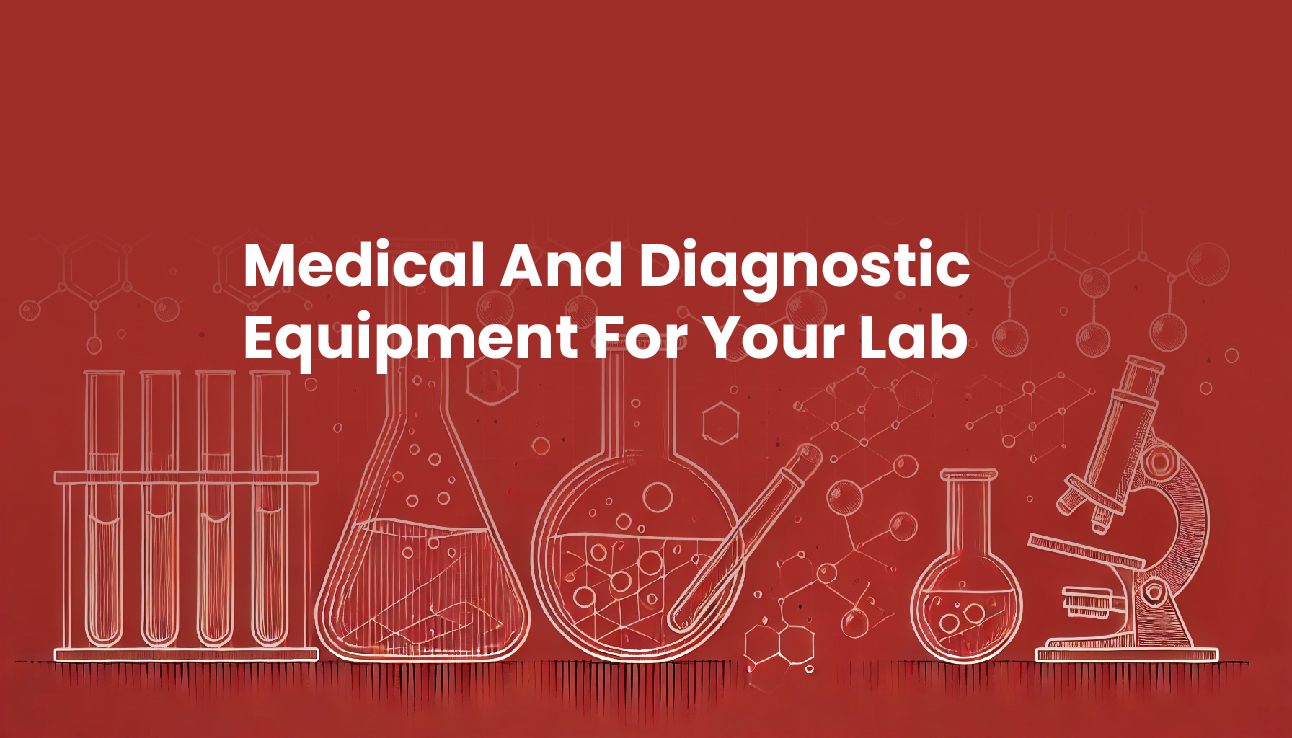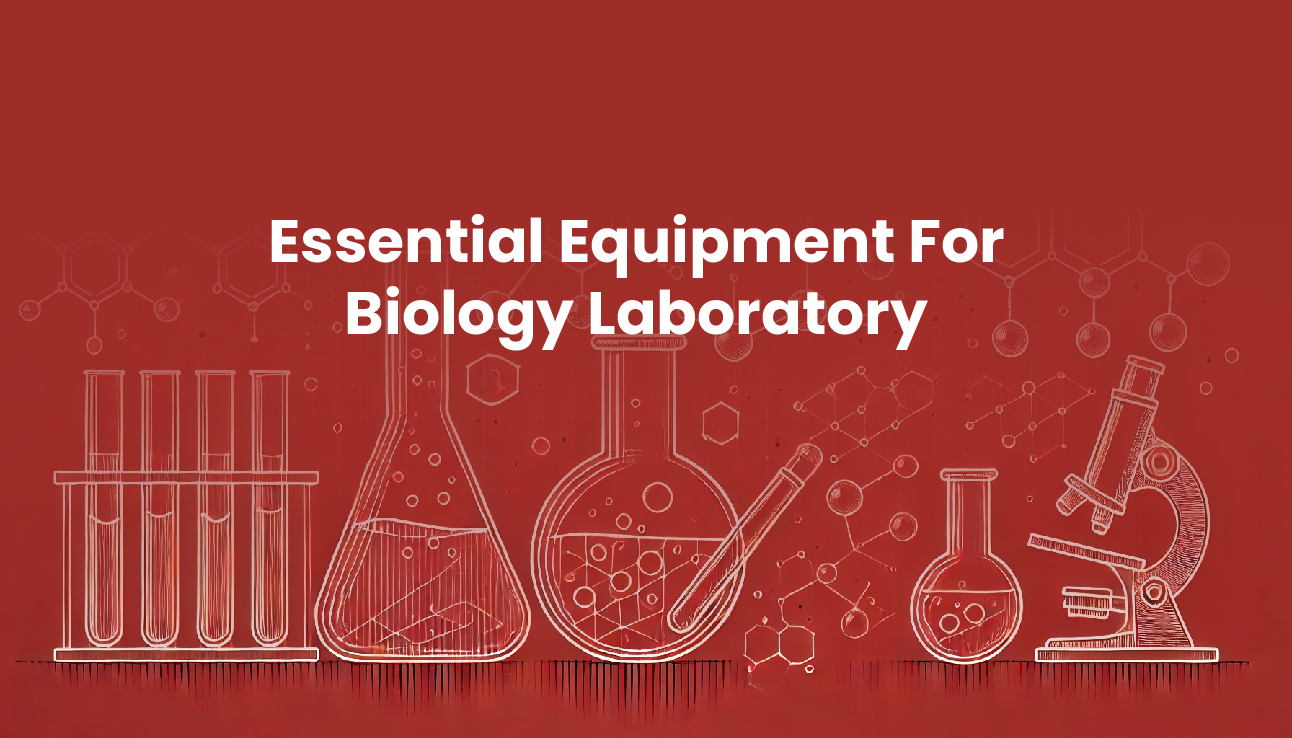In this post, we will explore seven important tips to help you secure top-notch repair and maintenance services for your laboratory equipment. Whether you’re a seasoned scientist or a business owner new to lab operations, this guide will walk you through the steps to ensure your equipment is in good hands. Let’s dive in.
7 Important Steps to Finding Laboratory Equipment Repair and Maintenance Service Provider
When it comes to laboratory equipment repair and maintenance, you need a service provider who is reliable, experienced, and efficient. By following these 7 steps, you can ensure that your equipment is in good hands and your lab operations run smoothly.
1. Research and Ask for Referrals
When it’s time to find a laboratory repair and maintenance service, don’t hire the first service provider you see. Ask colleagues, peers, or industry associations for recommendations. They can share valuable insights and firsthand experiences with service providers.
After getting recommendations, you can do further research online. Look up potential service providers’ websites to learn about their:
– Services offered
– Expertise and experience
– Equipment specialties
– Response times and availability
– Pricing and billing practices
Also, check online reviews and ratings from platforms like Google, or LinkedIn. This will give you a sense of their reputation, reliability, and customer satisfaction. You want to ensure that your equipment is in good hands, so take your time to research thoroughly.
2. Check Credentials and Certifications
When searching for lab repair and maintenance services, look for providers with credentials that matter. Check if they have certifications from reputable organizations like the International Society of Automation (ISA) or the National Institute of Standards and Technology (NIST). This ensures they meet industry standards for quality and expertise.
Also, ask if their technicians are factory-trained and certified for specific equipment brands. This means they’ve received hands-on training from the manufacturer and are authorized to work on your equipment. It’s like having a specialized doctor for your lab equipment.
3. Evaluate Their Experience and Expertise
To ensure your lab equipment is in good hands, choose a service provider with a track record of working with equipment like yours. Ask:
- Have they worked with your equipment’s brand before?
- Are they familiar with your equipment’s model and technology?
- Do they have experience fixing issues similar to yours?
A service provider with relevant experience can quickly diagnose and fix problems, getting your equipment up and running fast. This means less downtime and fewer delays in your work.
4. Review Their Service Offerings and Response Time
Lab equipment can break down unexpectedly, so it’s important to find a service provider that can respond quickly in an emergency. Look for providers that offer:
- 24/7 emergency services: They’re available around the clock to help when you need it most.
- On-site repair capabilities: They come to you, saving time and hassle.
- Flexible maintenance scheduling: They work around your schedule to minimize disruptions.
Also, check if they offer preventative maintenance programs. These programs help prevent equipment failures in the first place, saving you time and stress.
5. Compare Prices and Services
When choosing a lab equipment service provider, it’s important to compare prices and services carefully. While it might be tempting to go with the cheapest option, be cautious of very low prices, as they might indicate:
- Poor quality work that could lead to inaccurate results or equipment damage
- Inexperienced technicians who may not have the necessary expertise to fix your equipment correctly
- Cut corners that could compromise your equipment’s performance and longevity
Instead, look at the value you get for your money. Consider:
- Quality of work: Is it reliable and precise? Do they use genuine parts and follow manufacturer guidelines?
- Response time: How quickly do they respond to emergencies? Will they get your equipment up and running fast?
- Customer support: Are they helpful and responsive? Do they offer maintenance tips and advice to prevent future breakdowns?
Think of it like buying a car. The cheapest option might not be the best value in the long run. Look for a provider that offers a balance of quality, service, and price.
6. Evaluate Their Preventive Maintenance Programs
Preventive maintenance is crucial to ensure your laboratory equipment runs smoothly and efficiently. A reliable service provider offers customized preventive maintenance programs tailored to your lab’s specific needs. When evaluating their programs, consider the following:
- Schedules and Frequency: Are maintenance schedules flexible and tailored to your lab’s usage patterns? Are routine inspections and maintenance performed regularly, such as quarterly or semiannually?
- On-site Inspections: Does the provider offer on-site inspections to identify potential issues before they become major problems?
- Priority Scheduling: Are preventive maintenance appointments prioritized to minimize downtime and ensure prompt attention?
- Customized Plans: Are maintenance plans tailored to your lab’s unique equipment and usage patterns?
- Training and Support: Does the provider offer training and support to ensure your lab staff can perform routine maintenance tasks effectively?
Considering all these will help you make informed decisions about your lab equipment maintenance needs.
7. Assess Their Spare Parts Management and Inventory
Effective spare parts management is critical to minimizing equipment downtime. When evaluating a service provider’s spare parts management, consider the following:
- Inventory Management System: Is their inventory management system robust and organized, ensuring quick access to necessary parts?
- Lead Times: What are the lead times for ordering and receiving spare parts? Are they reasonable and aligned with your lab’s needs?
- OEM vs. Third-Party Parts: Does the provider use original equipment manufacturer (OEM) parts or third-party alternatives? Are they transparent about their sourcing practices?
- Parts Quality: Are spare parts inspected for quality and reliability before installation?
- Inventory Levels: Are spare parts inventories regularly reviewed and updated to ensure adequate stock levels?
By doing this, you can rest assured that the replacement parts will be available when needed.
Get The Best Repair And Maintenance Services For Your Laboratory Equipment At SimmyFranks
SimmyFranks is your trusted partner for laboratory equipment repair and maintenance. Our team of expert technicians receives training directly from equipment manufacturers, ensuring they have the knowledge and skills to fix your equipment right. We prioritize excellent customer service and strive to provide hassle-free support.
Our services include:
- Preventative maintenance: Regular checks and maintenance to prevent equipment failures and prolong its lifespan
- On-site repair: Our technicians come to your lab to repair equipment, minimizing downtime and disruption
- Emergency response: Quick response to unexpected equipment failures, getting you back up and running fast.
To experience top-notch laboratory repair and maintenance services, contact Simmy Franks today to learn more about our services and how we can support your laboratory’s success.
Repair And Maintenance Services For Laboratory Equipment: FAQs
1. What types of laboratory equipment does SimmyFranks repair and maintain?
We service a wide range of equipment, including microscopes, spectrophotometers, and chromatography systems.
2. How quickly can SimmyFranks respond to emergency repair requests?
We offer 24/7 emergency services, with a response time of 2 hours or less in most areas.
3. What certifications do SimmyFranks’ technicians hold?
Our technicians are factory-trained and certified by leading equipment manufacturers and industry organizations.
4. Can SimmyFranks provide on-site repair services?
Yes, we offer on-site repair services to minimize equipment downtime and reduce the need for transportation.
5. How can I schedule maintenance services with SimmyFranks?
Contact us through our website, email, or phone to schedule a maintenance visit at a convenient time.
6. Does SimmyFranks offer preventative maintenance programs?
Yes, we offer customized preventative maintenance programs to help prevent equipment failures and reduce repair costs.
7. What if I have equipment from multiple manufacturers? Can SimmyFranks still help?
Absolutely! We service equipment from various manufacturers, so feel free to reach out, regardless of your equipment’s brand or model.





